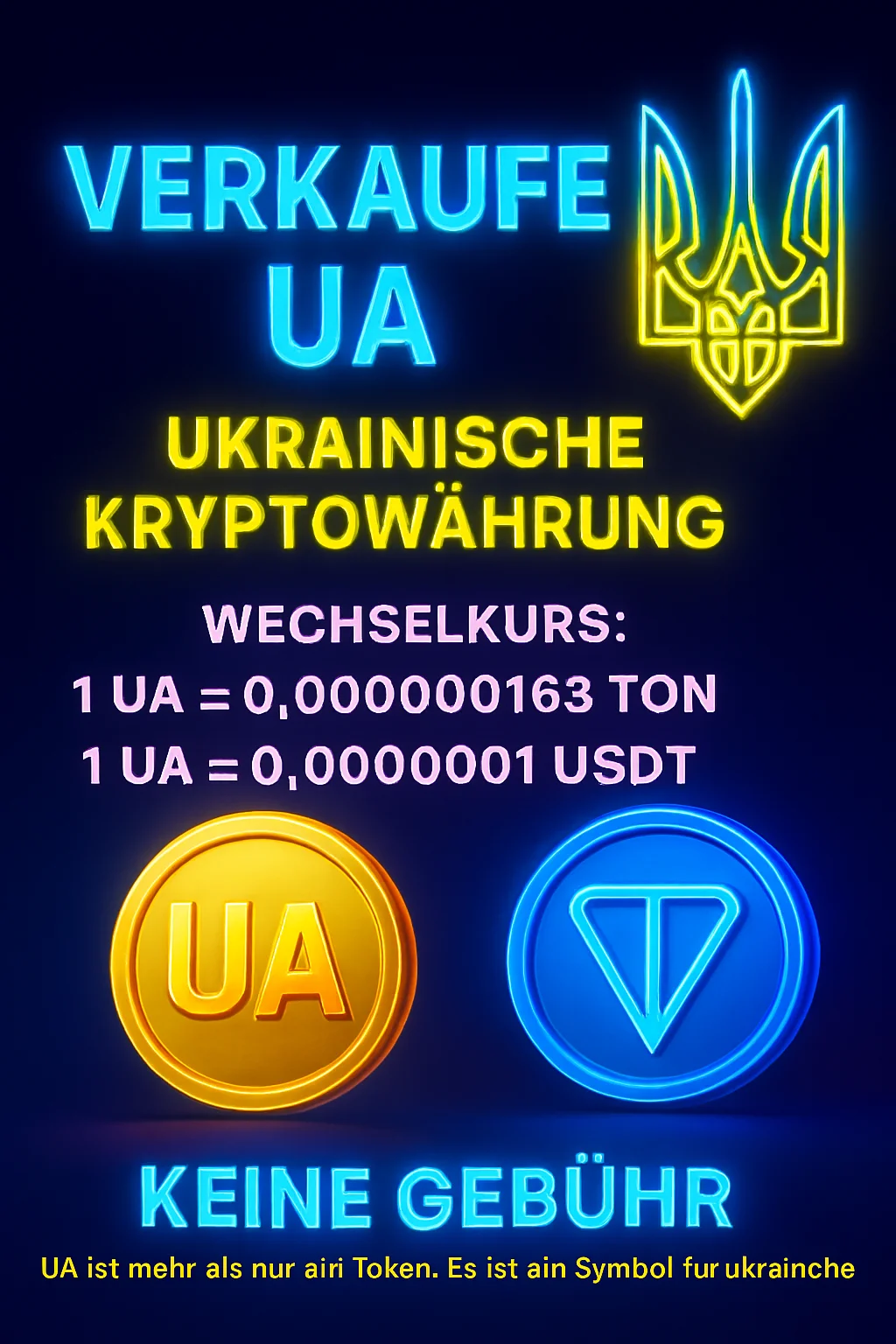#історія #події
73 секунди до вічності: Урок, який NASA засвоїло занадто пізною ціною.
28 січня 1986 року мільйони американців, затамувавши подих, спостерігали за стартом місії STS-51-L. Це мав бути тріумф піару та науки: вперше в космос летіла цивільна особа — вчителька Кріста Маколіфф. Але замість запланованих уроків з орбіти світ побачив білий слід розпачу в небі над мисом Канаверал. На 73-й секунді польоту шаттл «Челленджер» перетворився на вогняну кулю. 🚀🔥
Холодний розрахунок проти гарячого бажання
Трагедія «Челленджера» — це не просто технічний збій, це класична ілюстрація того, як бюрократичний тиск та бажання «вкластися в дедлайн» перемагають здоровий глузд і закони фізики. Того ранку у Флориді було аномально холодно — нижче нуля. Інженери компанії Morton Thiokol, які розробляли твердопаливні прискорювачі, буквально благали керівництво NASA відкласти старт. ❄️🛑
Проблема була в гумових ущільнювальних кільцях (O-rings). Через мороз вони втратили еластичність і просто не змогли герметизувати стики прискорювача. Коли гарячі гази прорвалися назовні, вони спрацювали як автоген, пропаливши зовнішній паливний бак. Результат був миттєвим і фатальним. 💥
Космічне «шоу», що стало національною травмою
NASA на той час намагалося переконати світ, що польоти на шаттлах — це майже те саме, що поїздка на міжміському автобусі. Участь звичайної вчительки мала підкреслити безпеку та буденність космічних мандрів. Саме тому за стартом у прямому ефірі спостерігали тисячі школярів у класах по всій території США. Замість натхнення вони отримали колективну психологічну травму, а фраза диктора «Очевидно, сталася серйозна несправність» (Obviously a major malfunction) стала одним із найсумніших евфемізмів в історії. 📺💔
Склянка води Річарда Фейнмана
Розслідування катастрофи виявило жахливий рівень внутрішньої комунікації в NASA. Знаменитий фізик Річард Фейнман, який входив до президентської комісії, провів блискучий і водночас нищівний експеримент прямо під час засідання. Він просто занурив зразок матеріалу ущільнювача у склянку з льодом, продемонструвавши, як легко гума стає крихкою. Цей жест поставив хрест на спробах чиновників виправдатися «непередбачуваними обставинами». 🥤🧊
Гіркий спадок
Загибель семи астронавтів, серед яких була і Кріста Маколіфф, зупинила програму Space Shuttle на 32 місяці. NASA довелося повністю переглянути підхід до безпеки, а світ зрозумів: космос не прощає нехтування дрібницями та не терпить політичного поспіху. «Челленджер» залишився в історії як нагадування про те, що за кожною великою мрією стоїть відповідальність, яку не можна ігнорувати заради гарної картинки в новинах. 🌌🎗️
73 секунди до вічності: Урок, який NASA засвоїло занадто пізною ціною.
28 січня 1986 року мільйони американців, затамувавши подих, спостерігали за стартом місії STS-51-L. Це мав бути тріумф піару та науки: вперше в космос летіла цивільна особа — вчителька Кріста Маколіфф. Але замість запланованих уроків з орбіти світ побачив білий слід розпачу в небі над мисом Канаверал. На 73-й секунді польоту шаттл «Челленджер» перетворився на вогняну кулю. 🚀🔥
Холодний розрахунок проти гарячого бажання
Трагедія «Челленджера» — це не просто технічний збій, це класична ілюстрація того, як бюрократичний тиск та бажання «вкластися в дедлайн» перемагають здоровий глузд і закони фізики. Того ранку у Флориді було аномально холодно — нижче нуля. Інженери компанії Morton Thiokol, які розробляли твердопаливні прискорювачі, буквально благали керівництво NASA відкласти старт. ❄️🛑
Проблема була в гумових ущільнювальних кільцях (O-rings). Через мороз вони втратили еластичність і просто не змогли герметизувати стики прискорювача. Коли гарячі гази прорвалися назовні, вони спрацювали як автоген, пропаливши зовнішній паливний бак. Результат був миттєвим і фатальним. 💥
Космічне «шоу», що стало національною травмою
NASA на той час намагалося переконати світ, що польоти на шаттлах — це майже те саме, що поїздка на міжміському автобусі. Участь звичайної вчительки мала підкреслити безпеку та буденність космічних мандрів. Саме тому за стартом у прямому ефірі спостерігали тисячі школярів у класах по всій території США. Замість натхнення вони отримали колективну психологічну травму, а фраза диктора «Очевидно, сталася серйозна несправність» (Obviously a major malfunction) стала одним із найсумніших евфемізмів в історії. 📺💔
Склянка води Річарда Фейнмана
Розслідування катастрофи виявило жахливий рівень внутрішньої комунікації в NASA. Знаменитий фізик Річард Фейнман, який входив до президентської комісії, провів блискучий і водночас нищівний експеримент прямо під час засідання. Він просто занурив зразок матеріалу ущільнювача у склянку з льодом, продемонструвавши, як легко гума стає крихкою. Цей жест поставив хрест на спробах чиновників виправдатися «непередбачуваними обставинами». 🥤🧊
Гіркий спадок
Загибель семи астронавтів, серед яких була і Кріста Маколіфф, зупинила програму Space Shuttle на 32 місяці. NASA довелося повністю переглянути підхід до безпеки, а світ зрозумів: космос не прощає нехтування дрібницями та не терпить політичного поспіху. «Челленджер» залишився в історії як нагадування про те, що за кожною великою мрією стоїть відповідальність, яку не можна ігнорувати заради гарної картинки в новинах. 🌌🎗️
#історія #події
73 секунди до вічності: Урок, який NASA засвоїло занадто пізною ціною.
28 січня 1986 року мільйони американців, затамувавши подих, спостерігали за стартом місії STS-51-L. Це мав бути тріумф піару та науки: вперше в космос летіла цивільна особа — вчителька Кріста Маколіфф. Але замість запланованих уроків з орбіти світ побачив білий слід розпачу в небі над мисом Канаверал. На 73-й секунді польоту шаттл «Челленджер» перетворився на вогняну кулю. 🚀🔥
Холодний розрахунок проти гарячого бажання
Трагедія «Челленджера» — це не просто технічний збій, це класична ілюстрація того, як бюрократичний тиск та бажання «вкластися в дедлайн» перемагають здоровий глузд і закони фізики. Того ранку у Флориді було аномально холодно — нижче нуля. Інженери компанії Morton Thiokol, які розробляли твердопаливні прискорювачі, буквально благали керівництво NASA відкласти старт. ❄️🛑
Проблема була в гумових ущільнювальних кільцях (O-rings). Через мороз вони втратили еластичність і просто не змогли герметизувати стики прискорювача. Коли гарячі гази прорвалися назовні, вони спрацювали як автоген, пропаливши зовнішній паливний бак. Результат був миттєвим і фатальним. 💥
Космічне «шоу», що стало національною травмою
NASA на той час намагалося переконати світ, що польоти на шаттлах — це майже те саме, що поїздка на міжміському автобусі. Участь звичайної вчительки мала підкреслити безпеку та буденність космічних мандрів. Саме тому за стартом у прямому ефірі спостерігали тисячі школярів у класах по всій території США. Замість натхнення вони отримали колективну психологічну травму, а фраза диктора «Очевидно, сталася серйозна несправність» (Obviously a major malfunction) стала одним із найсумніших евфемізмів в історії. 📺💔
Склянка води Річарда Фейнмана
Розслідування катастрофи виявило жахливий рівень внутрішньої комунікації в NASA. Знаменитий фізик Річард Фейнман, який входив до президентської комісії, провів блискучий і водночас нищівний експеримент прямо під час засідання. Він просто занурив зразок матеріалу ущільнювача у склянку з льодом, продемонструвавши, як легко гума стає крихкою. Цей жест поставив хрест на спробах чиновників виправдатися «непередбачуваними обставинами». 🥤🧊
Гіркий спадок
Загибель семи астронавтів, серед яких була і Кріста Маколіфф, зупинила програму Space Shuttle на 32 місяці. NASA довелося повністю переглянути підхід до безпеки, а світ зрозумів: космос не прощає нехтування дрібницями та не терпить політичного поспіху. «Челленджер» залишився в історії як нагадування про те, що за кожною великою мрією стоїть відповідальність, яку не можна ігнорувати заради гарної картинки в новинах. 🌌🎗️

62переглядів








